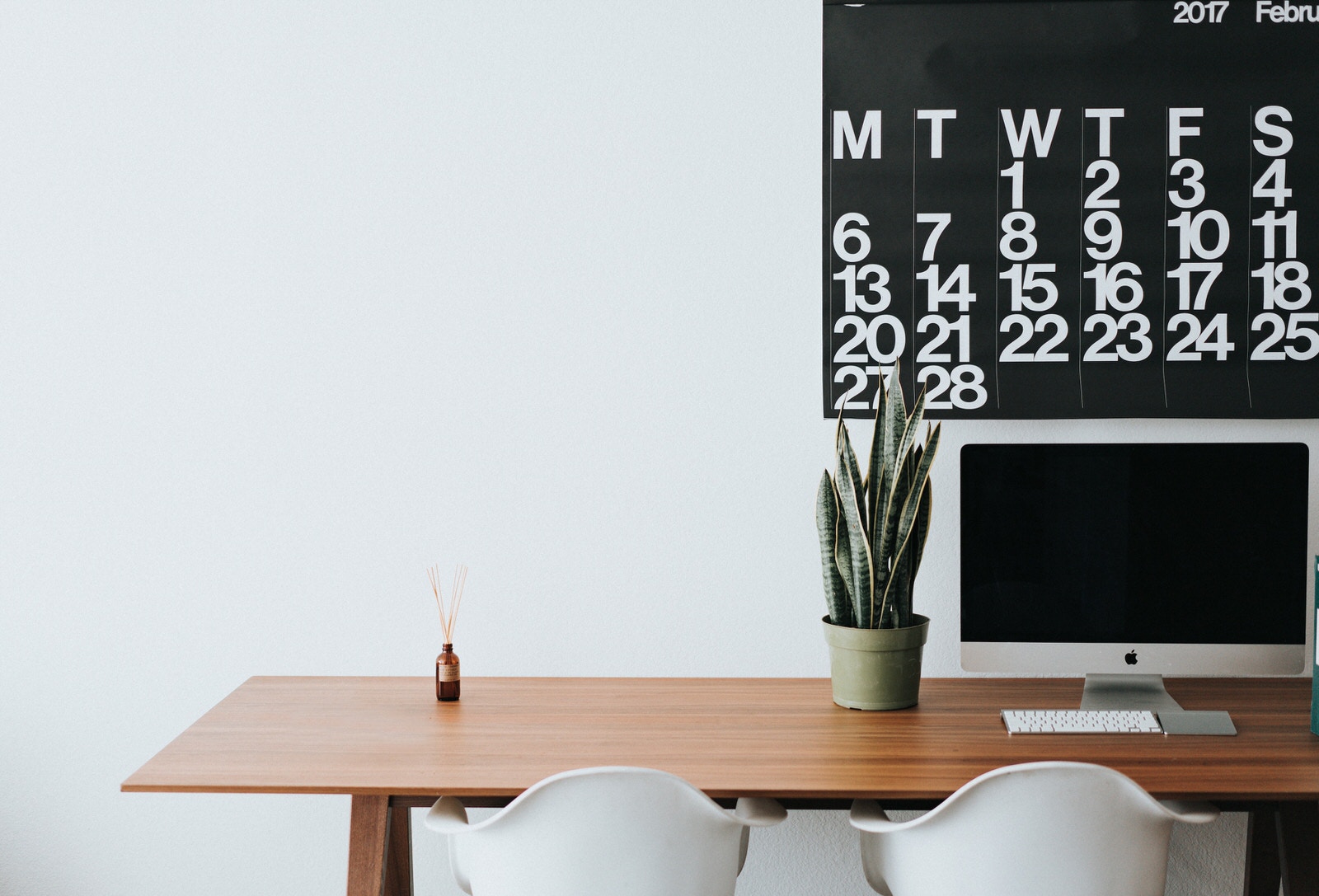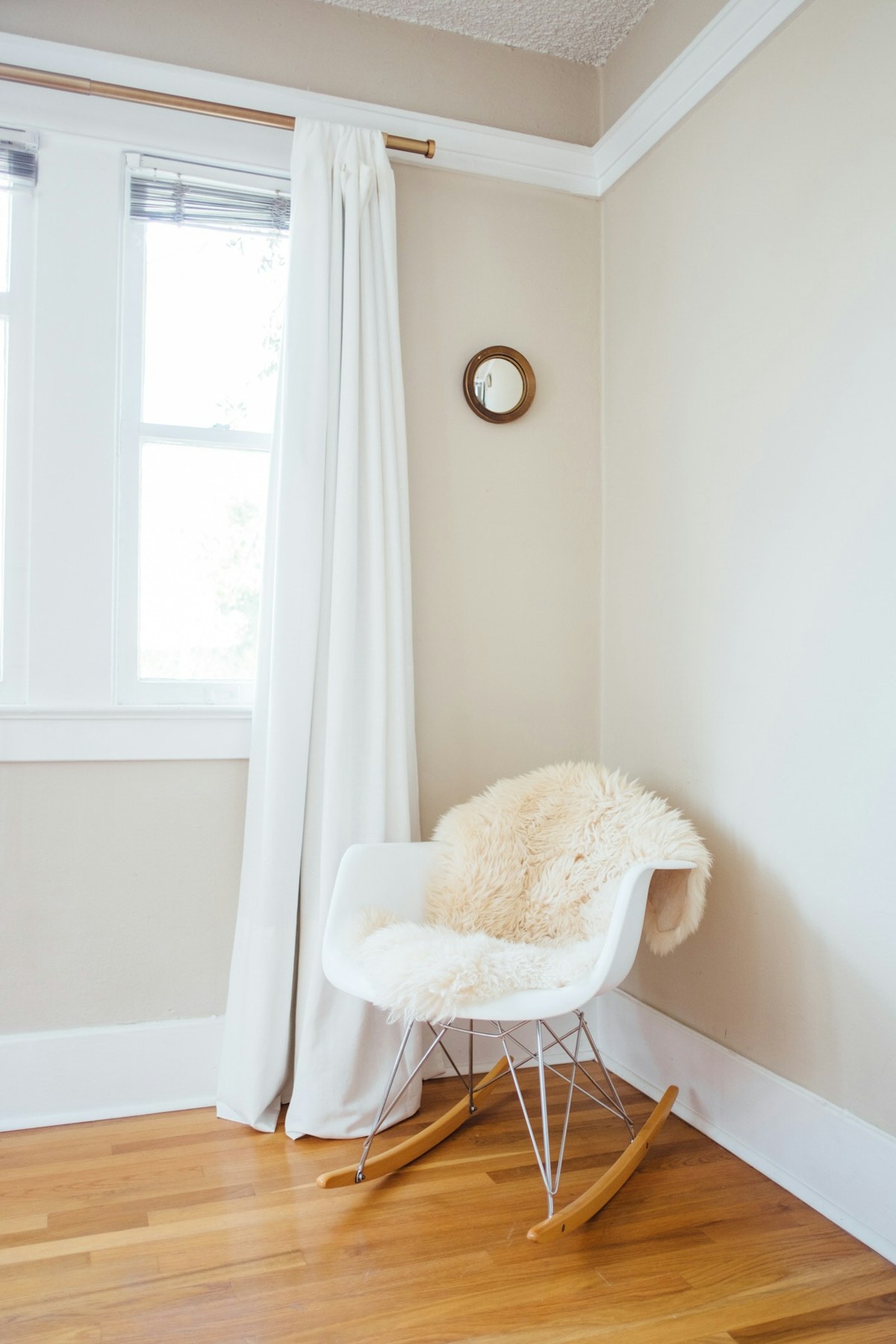There are a lot of advantages to working remotely. Whether you prefer a coffee shop, shared work space, or your kitchen table, the flexibility is hard to beat. The number of remote workers has quadrupled since 1995, which is not surprising considering these employees report lower stress levels, higher productivity, and increased happiness. Companies are starting to catch on, offering better policies and addressing the age-old taboo around the topic.
But it’s not all rainbows and unicorns. As I discovered when I started splitting my time between my San Francisco office and my home in Santa Barbara, there can be a dark side to this freedom. Some of the challenges remote workers have admitted to include loneliness, trouble communicating or collaborating at a distance, and distractions at home. I can personally relate to all of these. I would regularly have to take calls from my bathroom because of unexpected construction going on outside, or I would find myself feeling pressure to do laundry in the middle day, simply because I could.
Like everything, it’s a trade off. However, there are a few simple things you can do to have your cake and eat it too.
Start your day with a dose of inspiration.
This is always a good idea, but it can have an even greater impact when you’re more isolated. An office environment naturally lends itself to excitement and activity. There’s always a colleague coming back from vacation, an office book club meeting, or an interesting Lunch & Learn to attend. Whether you’re aware of it or not, you’re constantly stimulated by something or someone.
Unfortunately, this is harder to achieve when working remotely. Establishing a morning ritual can be an excellent way to provide that much-needed spark of inspiration. Whether it’s listening to a podcast while you make yourself breakfast, browsing a news aggregator or newsfeed online, doing a quick morning meditation, or reading a “quote of the day.” Do something, anything, to get your brain buzzing and primed for the work ahead.
-1.jpg)
Establish clear (schedule) boundaries.
The danger of a “flexible” work schedule is that there is no clear beginning and no clear end. You start responding to emails while enjoying your morning coffee and are often finishing up the last to-do’s while (barely) watching your latest Netflix obsession after dinner.
The lines between work and life become even more blurred than usual in an already “always-on” society.
The catch is that you never really give yourself a chance to reset and refuel. You’re powering down your laptop at 11pm, only to open it again at 7am. Even if you’re not spending every waking hour glued to your keyboard, by Thursday or Friday you’re inevitably going to feel burned out.
Something I have personally found helpful is establishing what I like to call a “separation ritual.” Every day, some time between 5pm and 7pm, I do something to acknowledge the end of my work day. Sometimes it’s a workout, other times it’s a trip to the grocery store, or simply cooking dinner for my husband and I. Whatever it is, it enables me to fully unwind. There is always going to be more work to do, and sometimes you have no choice, but it’s important to make these late night work sessions the exception rather than the rule. Treat your work day as if you were in an office, surrounded by colleagues who leave at 5pm and come back refreshed the next morning.

Be intentional about how you structure your day.
In addition to being mindful about when the work day starts and ends, it’s also important to establish some structure around how to fill in your days. Remote workers are often responsible for managing their own projects and ensuring tasks get delivered on schedule. This can be easier said than done, especially given the aforementioned distractions. Believe it or not, sometimes having a manager breathing down your neck can be a good thing: it forces you to be efficient with your time.
Establishing discipline when it comes to your daily schedule is key. Time-blocking can be a very helpful tool to stay on task and avoid going down rabbit holes. Personally, I like to think about a few key blocks:
- Creative Time (15%): time to think creatively, get inspired, and generate new ideas.
- Get Sh*t Done Time (50%): time to execute on the deliverables and tasks on my to-do list.
- Inbox Time (20%): time to work on that Inbox Zero goal.
- Recharge Time (15%): time to refuel in between other time blocks by enjoying lunch outside, browsing Pinterest, or grabbing coffee with a friend.
The point is not to lose all the flexibility you have by becoming too rigid about these time blocks.
It’s simply a productivity tool. One important key to making this work is prioritization. At the beginning of every day, think about the top 3 tasks you want to accomplish during your “Get Sh*T Done Time” and commit to those.

Find an excuse to leave the house.
A recent study by Buffer estimated that 78% of remote workers work from home. The most common response I get from people when I say I work remotely, is something along the lines of, “Oh that’s amazing, you get to stay in bed all day!” It sounds too good to be true… and it is. Wearing pajamas all day and working from your couch quickly begins to wear on you. Over time, you’ll notice that your energy levels start to dip, or that it’s harder to find your creative spark.
Fortunately, there’s an easy and highly effective solution to this: leave the house. Even if you’re not working from home, it’s important to fill your calendar with reasons to slap on some makeup and get out of your yoga clothes. Schedule a standing coffee date with another remote worker or freelancer in your network, sign up for a local event series like CreativeMornings, or join a co-working space. Shared work spaces are popping up in big and small cities alike and many offer part-time memberships or day passes for those who want to do a trial run, or travel frequently like myself.
